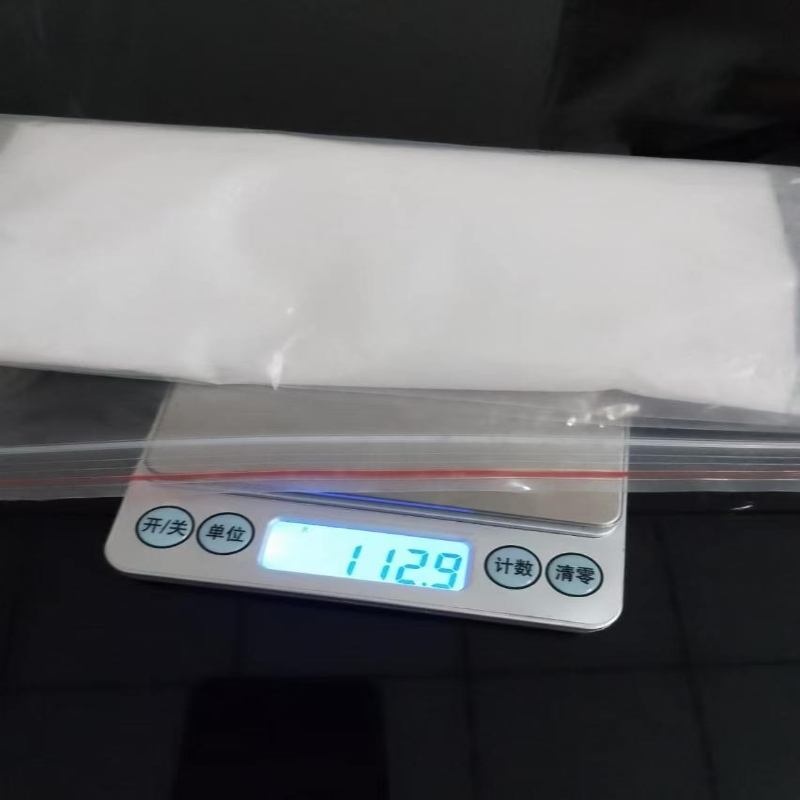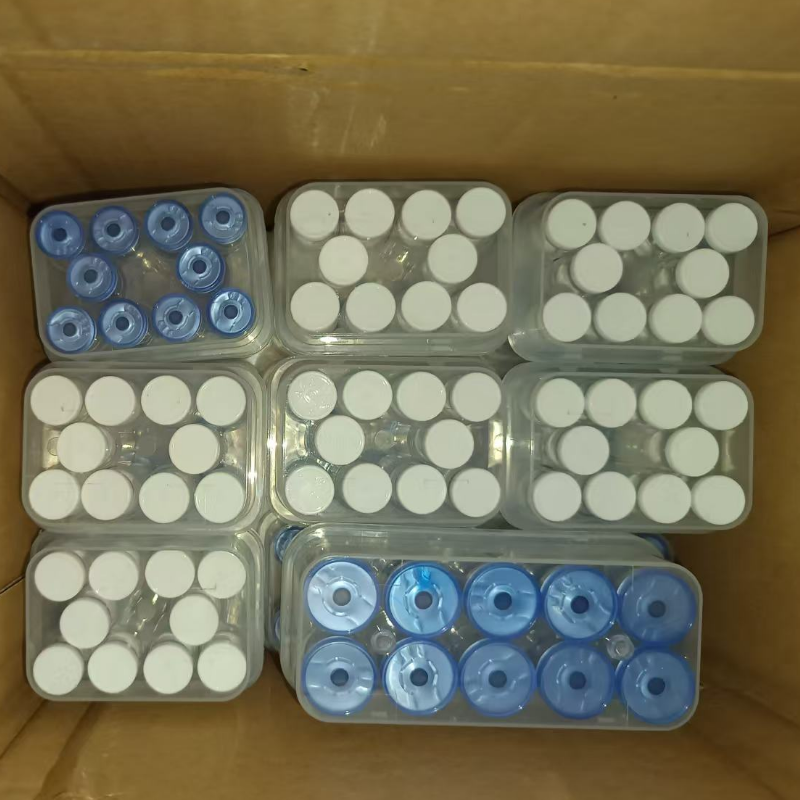-
Categories
-
Pharmaceutical Intermediates
-
Active Pharmaceutical Ingredients
-
Food Additives
- Industrial Coatings
- Agrochemicals
- Dyes and Pigments
- Surfactant
- Flavors and Fragrances
- Chemical Reagents
- Catalyst and Auxiliary
- Natural Products
- Inorganic Chemistry
-
Organic Chemistry
-
Biochemical Engineering
- Analytical Chemistry
-
Cosmetic Ingredient
- Water Treatment Chemical
-
Pharmaceutical Intermediates
Promotion
ECHEMI Mall
Wholesale
Weekly Price
Exhibition
News
-
Trade Service
Cancer metastasis is the leading cause of death in cancer patients and remains a major challenge in clinical oncology.
-intersurization (EMT) was originally proposed in embryonic development, and increasing studies have shown that EMT plays a vital role in the metastasis of cancer.
in the EMT process, cancer cells lose the adhesion/polarity of the corted cells and obtain interstitcharging properties.
EMT increases the plasticity and motion of the cells, thus facilitating the tumor cells to leave their native sites, circulate through the whole body, and reconstruct the tumor at the far end.
, developing treatment strategies that inhibit EMT is critical to the prevention of cancer metastasis.
NCB-0846 inhibits TGF beta1-induced EMT process TNIK is a component of the β-catenin/TCF4 transcription complex and is essential for transcription of the Wnt target gene.
researchers developed the small molecular compound NCB-0005, which inhibits TNIK.
study explores the effects of NCB-0846 on the EMT process of lung cancer induced by TGF beta1.
NCB-0846 inhibits the metastasis of lung cancer cells Researchers have found that NCB-0846 inhibits the EMT process of TGF beta-induced A549 cells.
inhibition is associated with phosphorylation and nuclear transport of SMAD2/3 proteins.
intravenous immunodeficiency mice, NCB-0846 was found to inhibit lung metastasis of TGF beta1-induced A549 cells.
further studies have shown that emPT inhibition is mediated by inhibiting the TGFBR1 (Type I TGF beta-beta) gene, in part by inducing microRNAs (miR-320 and miR-186) that target TGFBR1 transcription.
Overall, the results show that NCB-0846 can block the TGFBRI transductive path and inhibit the EMT process of lung cancer cells by lowering the expression of TGFBRI at the transcription level, and the study also provides a potentially promising way to prevent metastasis in lung cancer patients.
。







